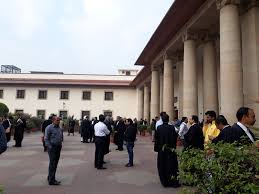
- Supreme Court of India
There was a failure of the High Court to discharge its adjudicatory function at two levels – first in declining to evaluate prima facie at the interim stage in a petition for quashing the FIR as to whether an arguable case has been made out, and secondly, in declining interim bail, as a consequence of its failure to render a prima facie opinion on the first. The High Court did have the power to protect the citizen by an interim order in a petition invoking Article 226. Where the High Court has failed to do so, this Court would be abdicating its role and functions as a constitutional court if it refuses to interfere, despite the parameters for such interference being met. The doors of this Court cannot be closed to a citizen who is able to establish prima facie that the instrumentality of the State is being weaponized for using the force of criminal law. Our courts must ensure that they continue to remain the first line of defense against the deprivation of the liberty of citizens. Deprivation of liberty even for a single day is one day too many. We must always be mindful of the deeper systemic implications of our decisions.
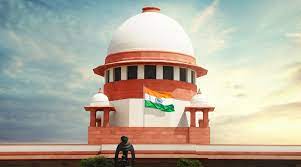
- Supreme Court of India
General Guidelines and Directions - I. Issue of Overlapping Jurisdictions , II. Payment of interim maintenance, III. Criteria for determining quantum of maintenance, IV. Date from which Maintenance to be awarded, V. Enforcement of orders of maintenance, VI. Final Directions
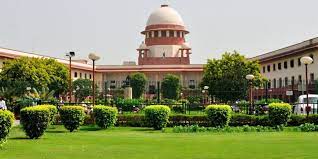
- SUPREME COURT OF INDIA
Held that no time limit could be fixed while granting anticipatory bail
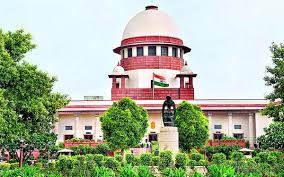
- Supreme Court of India
Internet Shutdown & Restrictions under Section 144, Cr.P.C. in Kashmir Case
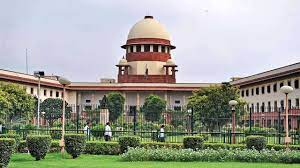
- SUPREME COURT OF INDIA
Held - No Absolute Right Of Appointment For Minority Educational Institutions
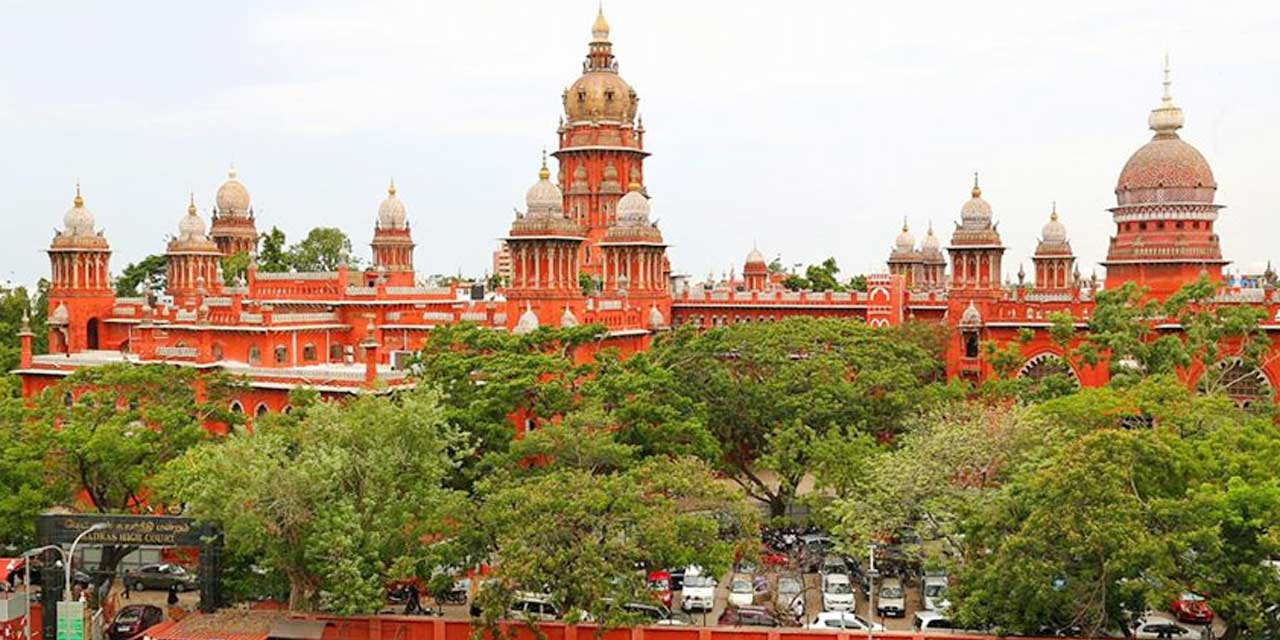
- MADRAS HIGH COURT
There are no laws or regulations forbearing unmarried persons of opposite sex to occupy hotel rooms, as guests. While live-in-relationship of two adults is not deemed to be an offence, terming the occupation of hotel room by an unmarried couple, will not attract a criminal offence.
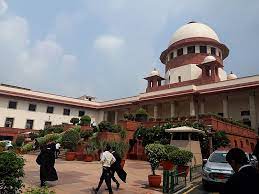
- Supreme Court of India
WHETHER NON-GAZETTED MEMBERS OF THE DELHI POLICE FORCE CAN FORM UNION UNDER ARTICLE 19(1)(C) OF CONSTITUTION OF INDIA

- Supreme Court of India
Section 27-Indian Evidence Act- Recovery Obtained by coerced confessional statement is illegal - If confessional statement is made under section 27, Indian Evidence Act is under undue pressure and compulsion from the investigating officer, the evidentiary value of such a statement leading to the recovery is nullified. - PARA 21 OF JUDGMENT

- Supreme Court of India
Section 497 of the Indian Penal Code, 1860 and Section 198 of the Code of Criminal Procedure, 1973 are violative of Articles 14, 15(1), and 21 of the Constitution of India.
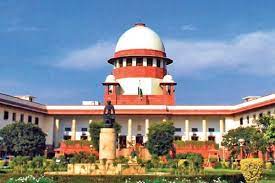
- DELHI HIGH COURT
Mere Physical Contact does not amount to Sexual Harassment-
Delhi High Court held -"The Complaint Committee concluded that respondent no.3 might have held the petitioner’s arm and thrown the material in her hand in a fit of anger; although, the said incident may be a case of harassment and is deplorable, the same would not qualify as a sexual harassment. Plainly, all physical contact cannot be termed as sexual harassment and only a physical contact or advances which are in the nature of an “unwelcome sexually determined behavior” would amount to sexual harassment.”
